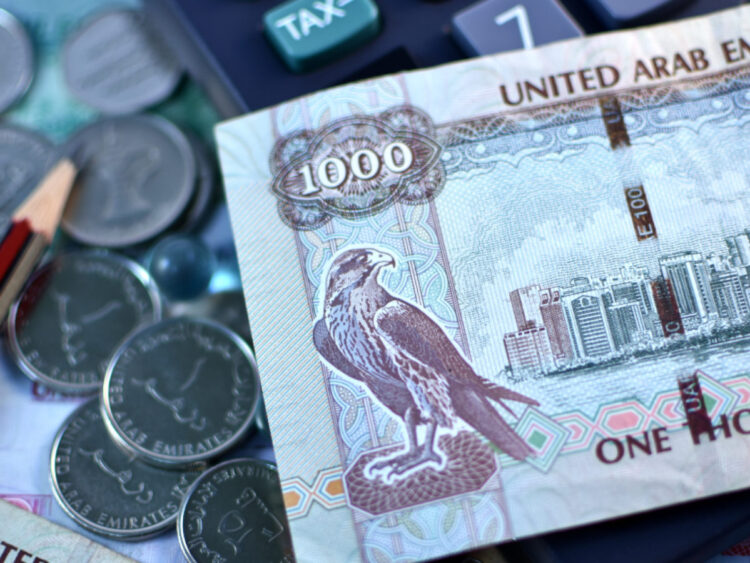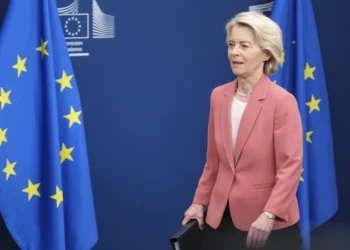Islamic banking is becoming a structural component of international financial systems and is no longer a local oddity. Initially limited to a few regions and thought to cater to a certain clientele, Islamic banking was frequently viewed as being beside, rather than alongside, the global financial mainstream. This change is a result of a deeper understanding of its moral underpinnings, structural robustness, and compatibility with evolving international economic objectives.
Abu Dhabi and Dubai are both becoming increasingly recognised as important international financial centres within the United Arab Emirates. This has been fuelled by effective economic diversification in recent years, supported by infrastructure that adheres to global best practices and a rapidly expanding financial services industry. The UAE’s next stage of financial services growth depends on diversifying local funding sources and facilitating access to international markets, both of which are made possible by Islamic finance.
According to the most recent research from Standard Chartered, Islamic Banking for Financial Institutions: Unlocking Growth Amidst worldwide Shifts, worldwide Islamic finance assets are expected to increase from $5.5 trillion in 2024 to over $7.5 trillion by 2028. This indicates a remarkable 36% increase in assets over the following four years.
Also Read:
As the Deadline Approaches, Trump Threatens Japan with Tariffs of up to 35%
Amid Regional Tensions, the Indian Embassy in Israel Issues a Safety Alert































































